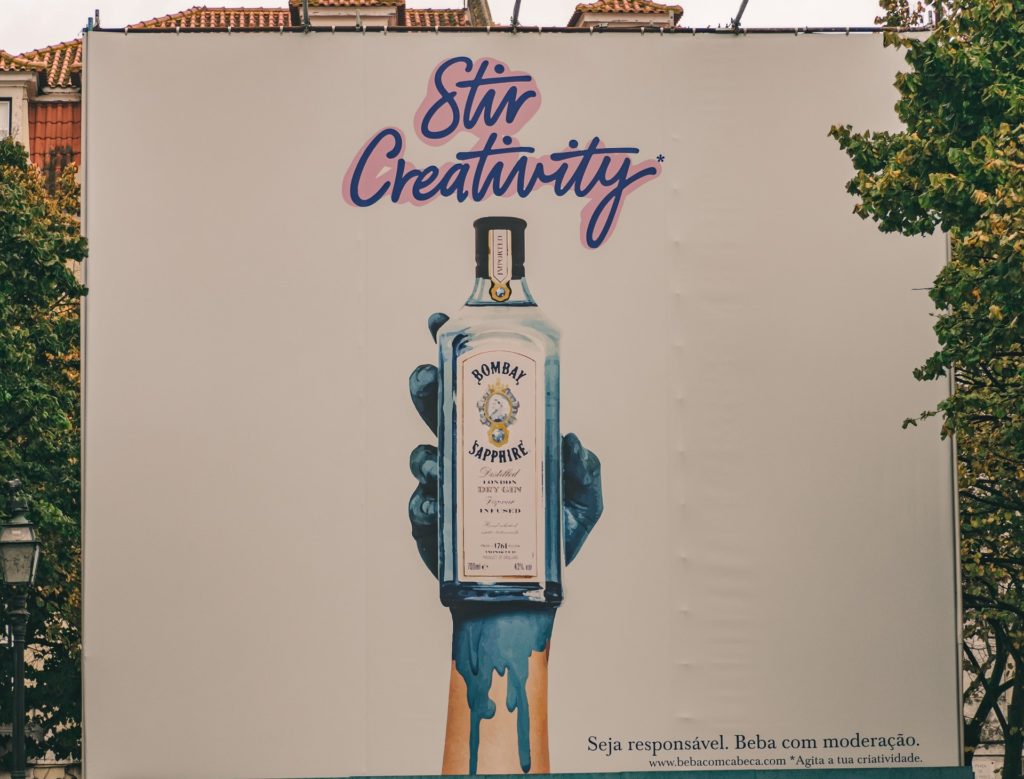Federal Advertising Rules for Alcoholic Beverages

Nearly all actors in the alcoholic beverage industry are subject to federal advertising regulations administered by the Trade Investigations Division of the Alcohol and Tobacco Tax and Trade Bureau (TTB). Separate regulations cover beer (27 CFR Part 7), wine (27 CFR Part 4), and distilled spirits (27 CFR Part 5), and there are a number of TTB administrative rulings covering advertising. This article briefly summaries aspects of the advertising rules that apply to most industry members and product classes.
Advertisers and Advertisements are Everywhere
The list of alcoholic beverage industry actors that are subject to federal advertising rules and includes both licensed and non-licensed industry members. The rules apply to manufacturers, including brewers, wine producers, and distilleries, as well as blenders, rectifiers, bottlers, and warehousemen. The rules also apply to wholesalers and importers. Importantly the rules apply to parties that touch alcoholic beverage products, but they also apply to affiliates and agents that they may engage for advertising, marketing or promotion. In all cases, each advertisement must include the advertiser’s name, city and state or other contact information for the advertiser.
What is an advertisement is also a broad set. The term “advertisement” includes any written or verbal statement, illustration or depiction which is intended to induce sales of alcoholic beverages in interstate or foreign commerce. Advertisements may appear in billboards, signs, radio or television broadcasts, newspapers, magazines, trade booklets, menus, leaflets, circulars, mailers, inserts, catalogues, promotional material, sales pamphlet, internet or other electronic site or social network, or any other media. Advertisements include hang tags and other materials accompanying the product. Advertisements subject to these rules do not include (1) labels affixed to alcoholic beverage or the part of the container that is subject to federal label regulations, and (2) editorial material for which no money or valuable consideration was paid.
Advertisements Cannot be Deceptive or Indecent
Federal advertising rules are principally intended to prohibit deceptive advertisements of alcoholic beverage products. The list of prohibitions includes:
- Statements that are materially untrue or tend to create a misleading impression.
- Statements that explicitly or implicitly disparage a competitor’s product in a false or misleading way.
- Anything that relates to analyses, standards, or tests which is likely to mislead consumers.
- Misleading guarantees (but not money-back guarantees).
- For beer and wine products, statements that imply the products contains distilled spirits or is comparable to distilled spirits (unless what is consistent with an approved beer or wine label).
- For spirit products, statements that overstate the number of distillations, which is defined as a single run through a pot still or through a column of a column still.
- Statements that are inconsistent with the approved label of the product.
The advertising rules also prohibits statements, designs, devices or representations that are obscene or indecent.
Special Attention to Health, Organic, or Purity Claims in Advertisements
Advertisements may not contain untrue health-related statements or statements that tend to create a misleading impression as to the effects on health of alcohol consumption. For this purpose, health-related statements includes any statement that relates to health, including statements of a curative or therapeutic nature that, expressly or implied, suggest a relationship between the consumption of an alcoholic product (or any substance found in it) and health benefits or effects. In particular, statements that claim or imply that a physical or psychological sensation results from consuming alcohol are given particular attention. However, specific health claims will not be considered misleading if they are truthful and adequately substantiated by scientific or medical evidence, sufficiently detailed and qualified, adequately discloses the health risks associated with both moderate and heavier levels of alcohol consumption, and outline the category of individuals for whom any levels of alcohol consumption may cause health risks.
Advertisements that use the term “organic” must comply with the the U.S. Department of Agriculture’s National Organic Program rules. For a great summary of the federal organic rules, see USDA Certified Organic: The Basics at groveslaw.ag.
For distilled spirits in particular, the federal advertising rules prohibit use of the word “pure” unless it is in a truthful statements about a particular ingredient used in the production of the spirits or it is part of the bon fide name or of the licensed industry member or a retailer for whom the spirits are bottled.
Unexpected Rules About Flags, Athletes, and Cars
Any party that is undertaking the advertising or promotion of an alcohol beverage product should make a close review of the federal advertising rules and the TTB’s related rulings, because there might be some surprises.
For instance, the rules specifically prohibit advertisements that show an image of any government’s flag or any representation that may create a false or misleading impression that the product was endorsed by, made by, used by, or made under the supervision of the government represented by the flag. Not only does this apply to the flag of the United States (U.S. armed forces are also specifically mentioned) or other countries, but it also applies to the flags of states, cities, or other governmental agencies.
In a 1995 ruling (ATF Ruling 95-2), the Bureau of Alcohol, Tobacco and Firearms provided that special attention will be paid to advertisements that depict athletes, athletic activities or events, and motor vehicles. In particular, the ATF expressed concern that such advertisements could deceive mislead young people to conclude that consumption of alcoholic beverages could increase their athletic prowess or not inhibit athletic performance. The ruling specifically identifies as prohibited advertisements that depict any individual consuming or about to consume al alcoholic beverage prior to or during an athletic activity or event or while seated in, operating, or about to operate an automobile or other machinery.
Do you have any questions about federal alcoholic beverage advertising rules? Contact us at contact@brewerlong.com to schedule a consultation with a beverage attorney.
Because we’re attorneys: Disclaimer.

